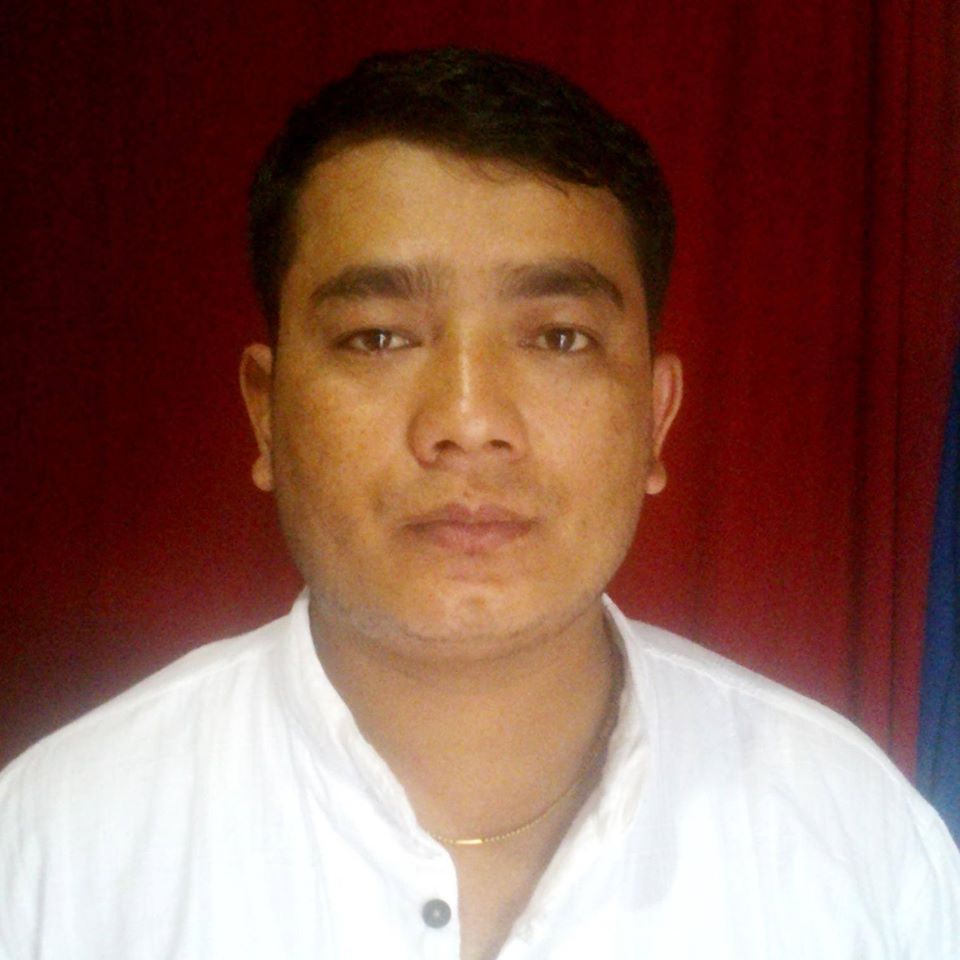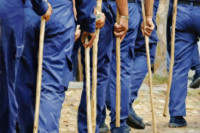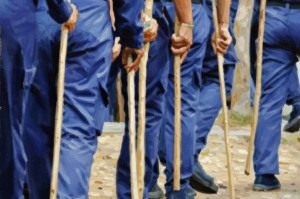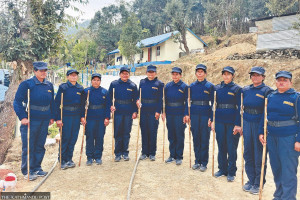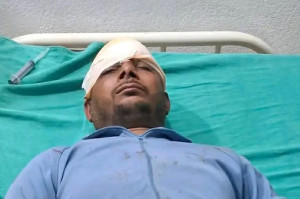Sudurpaschim Province
Community schools rejoice at local units’ help with hiring teachers
Adarsha Rural Municipality in Doti district has provided 55 teachers to various community schools in its jurisdiction.
Mohan Shahi
Two local units have come to the rescue of community schools in their respective rural municipalities. Like most community schools in rural Nepal, Kalikasthan Secondary School and Girichauka Secondary School in Doti were facing budget problems to pay privately-hired teachers’ salaries until the local units set aside a budget to pay such teachers.
Ganesh Dahal, principal of Kalikasthan Secondary School in Adarsha Rural Municipality ward 7, said that due to the shortage of government-appointed teachers in his school, the school administration had been hiring teachers on a contract basis, but the school was running out of financial resources to pay the teachers.
“We had to seek the help of donors and sometimes even the locals to pay our teachers’ salaries. We also approached the rural municipality to help us financially,” said Dahal. “To our relief, they took the responsibility of hiring teachers for the school and paying all the expenses involved including their salaries.”
Adarsha Rural Municipality hired three teachers for the school. The teachers were hired based on their performance in the aptitude test. “We no longer have to worry about affording good qualified teachers. The rural municipality has taken responsibility for that. We can now put our sole focus on providing the best education to our students,” said Dahal.
Kalikasthan Secondary School runs classes from grades 1 to 10 and has around 650 students in the school. The school currently has 11 teachers including the teachers hired by the rural municipality.
Adarsha Rural Municipality has also made similar provisions for Girichauka Secondary School in Girichauka village in Ward 6. The secondary school was also facing a shortage of teachers until the rural municipality began hiring teachers for the school.
Nara Bahadur Khadayat, principal of Girichauka Secondary School, said they were paying teachers’ salaries by collecting fees from the students' parents under various headings.
The rural municipality has provided four teachers for the school: one for the secondary level, two for the basic level, and one for the primary level. Girichauka Secondary School with 600 students runs classes from grades 1 to 10 with a total of 15 teachers.
“Earlier our entire focus was on hiring qualified teachers and managing their salaries. However, our biggest hurdle in running the school was finding qualified teachers. Our village is in a remote location and not many teachers agree to move here,” said Khadayat. “Now that the rural municipality has taken it upon themselves to hire qualified teachers and pay their salaries, we can focus on students and their education.”
There are 38 community schools in Adarsha Rural Municipality. Since August, the rural municipality has provided 55 teachers to various community schools in the rural municipality.
The rural municipality decided to make arrangements for teachers in community schools to ease the burden on the schools and the parents whose children attended these schools, says Ganesh Bahadur Khadka, chairman of Adarsha Rural Municipality.
“We were receiving several complaints about the shortage of teachers in community schools and the fact that schools were collecting extra money from the parents under various headings to pay the teachers’ salaries was worrying,” said Khadka. “That’s why we decided to resolve the issue.”
“Because the schools could not afford qualified teachers, the quality of education in community schools in the rural municipality was questionable,” said Khadka. “Now the children will not be deprived of a good education and qualified teachers in village schools.”
According to Padam Bista, head of the education unit of the rural municipality, the rural municipality has provided teachers to the schools on a need basis. The number of students in a school and the shortage of teachers were taken into consideration while hiring teachers, said Bista.
“The rural municipality has implemented a new action plan in the current fiscal year to support community schools to afford qualified teachers,” said Bista. “So far, 12 teachers have been provided to secondary schools; 20 for basic schools and 23 to primary schools.”
According to Bista, in the past two months, the rural municipality has conducted meetings with professors and experts in the field of education seeking suggestions and ways to improve the quality of education in the rural municipality.
Earlier, Dipayal Silgadhi Municipality, the headquarters of the district, also hired 20 teachers for community schools in the municipality. According to Laxmiraj Ojha, head of the education unit of Dipayal Silgadhi Municipality, the municipality provided five teachers to secondary level schools, 10 for basic level schools and five for the primary level.
The government allocates permanent teachers to government schools based on the number of students. The teachers are hired through the Teachers Service Commission. In most community schools, the number of permanent teachers sanctioned by the government is disproportionately low forcing the school to hire teachers privately.
“Schools in rural areas have a difficult time retaining teachers since they cannot provide high salaries, and perks and benefits as schools in the cities,” said Khadayat, principal of Girichauka Secondary School. “The Adarsha Rural Municipality’s decision to take on the responsibility to provide teachers to community schools is commendable.”




 9.6°C Kathmandu
9.6°C Kathmandu